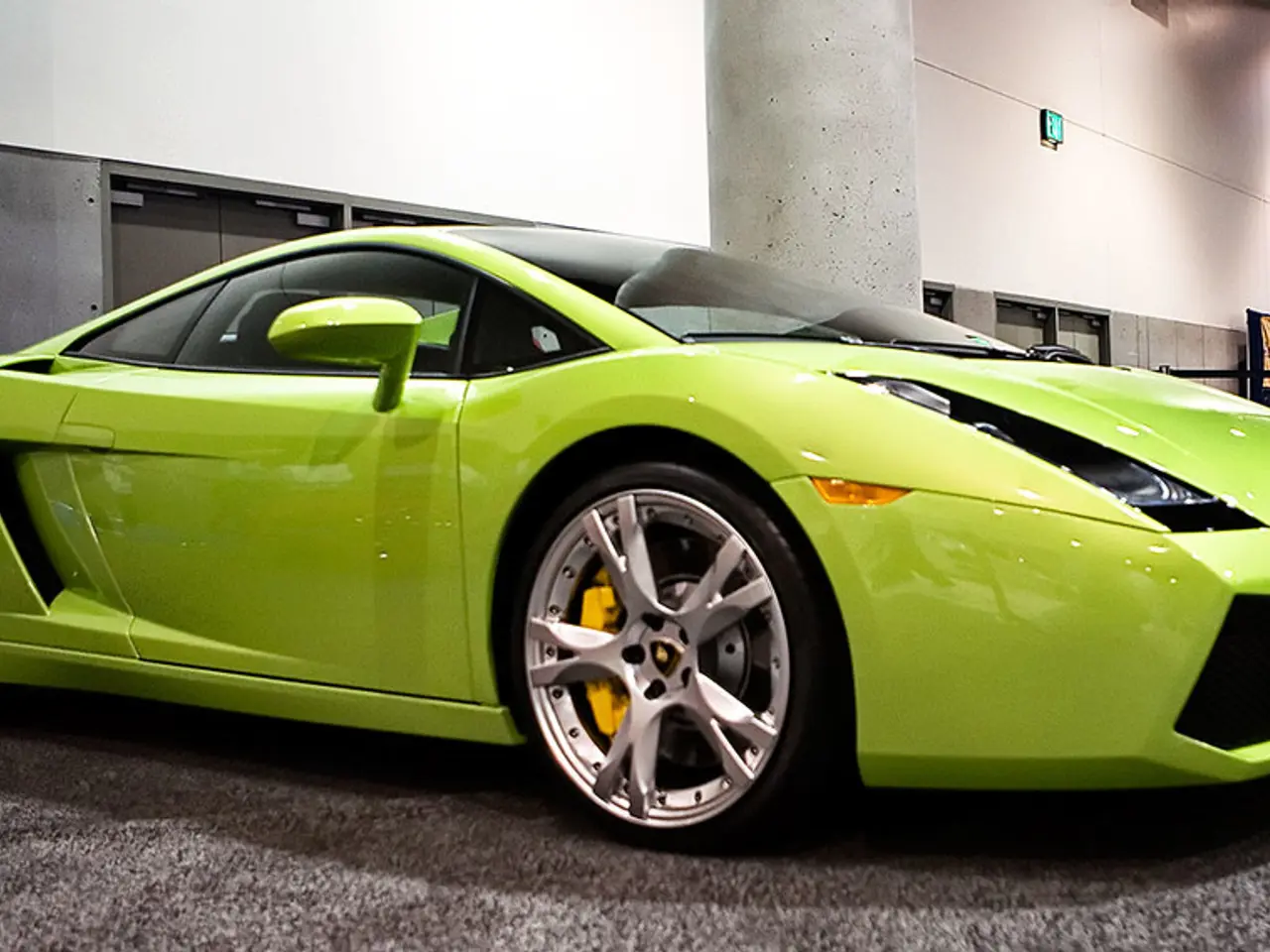Upcoming Hyundai Ioniq 2 to Compete as Economical Electric Vehicle against Renault 4
The automotive world is abuzz with anticipation as Hyundai prepares to unveil its latest electric vehicle, the IONIQ 2. This compact, high-riding hatchback is set to make its grand debut at the 2025 Munich Motor Show in September, with sales commencing in the third quarter of 2026.
Key Features of the IONIQ 2
The IONIQ 2 boasts a sleek design, featuring a raked roofline, pixel lights inspired by Hyundai's design language, and an SUV-like appearance with cladding on the sills and wheelarches. Under the hood, the IONIQ 2 is expected to utilise the 58.3kWh lithium-ion NMC battery, offering a WLTP range of approximately 270 miles.
Shared Platform and Performance with Kia EV2
Both the IONIQ 2 and Kia's upcoming EV2 will be built on the E-GMP platform, shared across Hyundai, Kia, and Genesis EVs. This shared platform might mean that the IONIQ 2 could share the same 201bhp electric motor with the Kia EV3, offering similar performance features to the EV2.
IONIQ 2's Positioning in the Market
The IONIQ 2 is poised to enter the growing compact electric hatchback segment, directly competing with models like the Renault 4 E-Tech, Ford Puma Gen-E, and forthcoming Volkswagen ID 2X. Hyundai aims to position the IONIQ 2 as an affordable option, with pricing anticipated to start around £28,000. This competitive pricing strategy is designed to target a broader audience and expand Hyundai's electric lineup.
The IONIQ 2 offers a blend of practicality and SUV styling cues, making it appealing to those seeking a compact yet versatile electric vehicle. Hyundai Europe boss Xavier Martinet has confirmed that the company is heavily involved with the electrification of its line-up and plans to increase its electrified mix in the coming years.
The IONIQ 2 and Kia's EV2: A Close Competition
The Kia EV2 is expected to launch a few months before the IONIQ 2, positioning both vehicles as close competitors in the market. With the segment that the IONIQ 2 will compete in growing in popularity, thanks to the launch of the Renault 4 this summer and the imminent arrivals of the Volkswagen ID 2X and Skoda Epiq, Hyundai is preparing an affordable electric vehicle to rival the Renault 4 and strengthen its position in Europe.
The Ioniq 2 will be a raised hatchback with a raked roofline, similar in size to the combustion-engined Bayon. The design at the front of the Ioniq 2 is expected to mirror that of the new Ioniq 6. Hyundai's move into this completely new segment is a strategic one, as the company aims to get closer to Kia in sales success and reinforce its position in Europe.
The IONIQ 2, set for its debut in 2025, will challenge competitors such as the Renault 4 E-Tech, Ford Puma Gen-E, and upcoming Volkswagen ID 2X in the compact electric hatchback market. Hyundai is positioning the IONIQ 2 as an affordable option, with prices beginning around £28,000. Sharing the E-GMP platform with Kia's EV2, the IONIQ 2 might possess a similar 201bhp electric motor, offering comparable performance features. The rising popularity of this segment, thanks to the forthcoming launches of the Renault 4 and Volkswagen ID 2X, motivates Hyundai to introduce an electric vehicle that can compete with these models and bolster its presence in Europe. Meanwhile, the Kia EV2 is projected to enter the market a few months prior to the IONIQ 2, establishing both cars as fierce rivals in the competitive landscape of electric vehicles.




